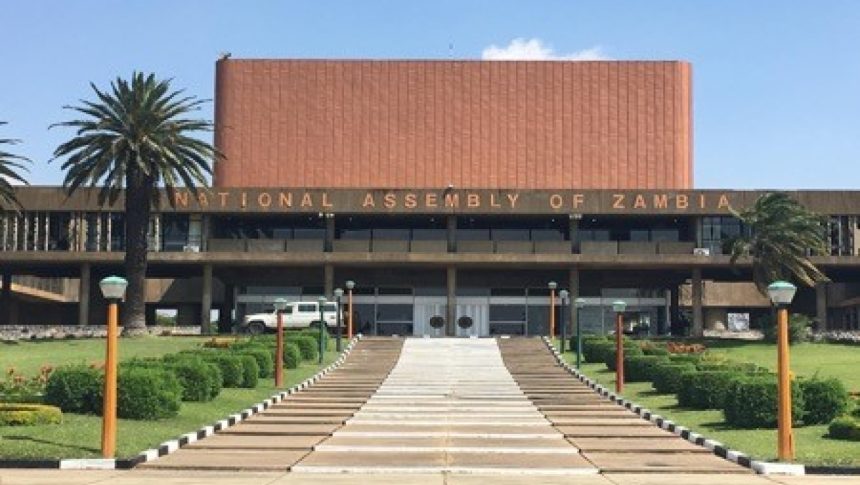EXECUTIVE RETREATS: HOW PUBLIC OUTRAGE AND THE CATHOLIC BISHOPS FORCED WITHDRAWAL OF BILL 7
By Brian Matambo – Lusaka, Zambia
The week that began with an audacious attempt to smuggle through constitutional amendments has ended with the Executive in retreat, once again bowing to the force of public outrage.
THE SPECIAL SITTING ANNOUNCEMENT
On Monday, Speaker of the National Assembly, Nelly Butete Kashumba Mutti, stunned Parliament when she broke the ongoing portfolio committee sittings where MPs were scrutinising the national budget under the Planning and Budgeting Act No. 1 of 2020 to summon a special sitting for Thursday, 2nd October 2025.
The official explanation was that the sitting was for “urgent matters.” But information quickly leaked that the true agenda was the re-tabling of a revised Bill 7 and the ratification of judges secretly interviewed by the Judicial Service Commission.
Bill 7 sought sweeping constitutional changes, and the judicial appointments process was already tainted by secrecy and objections from the Law Association of Zambia. Both matters were live before the courts. Yet, under the cover of urgency, the Speaker was ready to suspend normal business to push them through.
NATIONAL OUTRAGE
The announcement exploded across social media. Headlines screamed that Nelly Mutti had called a special sitting of Parliament to consider revised Bill 7 and the ratification of secretly appointed judges.
Civil society condemned it. Lawyers denounced it. Citizens branded it a brazen attempt to manipulate Zambia’s constitutional order ahead of the 2026 elections. The mood was angry and unforgiving.
THE PASTORAL LETTER
Then came the decisive intervention. On 1st October 2025, the Zambia Conference of Catholic Bishops released a pastoral statement that shook the ground under the Executive’s feet.
The bishops reaffirmed their principled disapproval of Bill 7, calling it unconstitutional, exclusionary, and a betrayal of participatory democracy. They cited the Constitutional Court’s own judgment in Munir Zulu and Celestine Mukandila v Attorney General (2025), which required broad public consultations before any amendment process.
On the judicial appointments, they accused the Judicial Service Commission of conducting opaque, partisan-driven interviews hidden from public scrutiny, eroding trust in the courts. They urged government to reconsider the process and demanded that all judicial appointments meet the standards of transparency, merit, and accountability.
Signed by the bishops of every major diocese, the statement carried both moral authority and political weight. It crystallised public anger into a unified moral rebuke.
THE RETREAT
By the afternoon, the Clerk of the National Assembly quietly issued a new Order Paper for 2nd October. Both Bill 7 and the judicial ratifications were gone.
What remained was routine business, including a ministerial statement on the rainy season forecast, a motion on Human Rights Commission appointments, and ordinary oral questions to ministers.
The so-called urgent matters had vanished. What was left looked ordinary, not urgent.
A DEFEAT DISGUISED AS BUSINESS
The Executive had been forced into retreat, but Parliament still convened the special sitting to avoid the humiliation of admitting defeat.
In truth, this was not business as usual. It was a political setback, imposed by the people of Zambia and sealed by the prophetic voice of the Catholic Bishops.
Bill 7 has now been withdrawn twice under public condemnation. Judicial appointments remain shrouded in secrecy. And the Executive has shown its hand: it will keep pushing until it meets resistance.
The lesson is clear. Whenever Zambians speak with one voice, the government backs down.



Leave a Reply